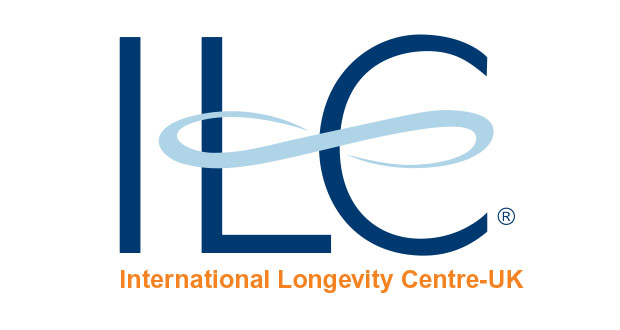Innovate To Alleviate: Addressing The Skills Shortage In Social Care
 Innovate to Alleviate: Exploring How the Role of an Enhanced Care Worker Could Address Skills Shortages in the Social Care Sector
Innovate to Alleviate: Exploring How the Role of an Enhanced Care Worker Could Address Skills Shortages in the Social Care Sector
A new report from the ILC-UK, commissioned by the Department for Health, is the first of its kind to examine a newly developed role in the adult social care sector.
Whilst the newly developed role of Enhanced Care Worker has the potential to provide the skills necessary to meet the challenges posed by ever increasing care demands, it has not, until now, been formally examined.
This new report, featuring interviews with individuals at all levels of the care home sector, focuses on:
The characteristics of this emerging role
- How the Enhanced Care Worker compares to existing, and previous roles
- How best to implement this new role
- Adult social care in England is in a state of flux, and to adapt to the challenges posed by demographic, political and economic change, the role of the Enhanced Care Worker (ECW) has organically emerged and developed throughout the sector.
A relatively recent trend among care homes that provide nursing, the ECW is a care worker who has been upskilled to provide an enhanced clinical support role to registered nurses (RNs). This role is called different names in different care homes, including ‘Care Practitioner’ and ‘Senior Care Lead’.
Whilst this role has the potential to bridge the gap between care workers and RNs to help provide the skills necessary to meet ever increasing care demands, the challenges of implementing a new role, the nature of the role itself, and the opinions of ECWs, RNs and care home managers have yet to be formally examined.
‘Innovate to Alleviate: Exploring How the Role of an Enhanced Care Worker Could Address Skills Shortages in the Social Care Sector’ is the first scoping review of its kind to examine the newly developed ECW role. This qualitative investigation was compiled from a number of interviews with individuals from all levels of the care home sector, including managers, RNs, ECWs, and high-level executives from organisations that oversee a number of care homes.
‘Innovate to Alleviate’ comes at an exciting time for the care home sector. This report marks the start of a sector-wide debate on a position which has organically emerged and begun to develop.
Key themes on the Enhanced Care Worker which emerged from the interviews conducted for the report include:
Training and the development of qualifications and skills specific to a care setting
- The relationship between the RN and the ECW
- Concerns over accountability
- Internal development of the role
- The ECW role makes a difference
- There needs to be better support from the NHS
Minister of State for Community and Social Care, Rt Hon. Alistair Burt MP said:
“The adult social care sector is facing unprecedented challenges, and this newly developed ‘Enhanced Care Worker’ role has the potential to provide much needed clinical support in care homes.
I welcome this report, and its analysis of the challenges and opportunities of this emerging role. It will provide valuable insight for care homes when considering how best to implement it.”
Baroness Sally Greengross, Chief Executive, International Longevity Centre – UK said:
“A large part of the ILC-UK’s remit is how the UK’s adult social care sector will be able to rise to the challenge of an ageing population.Exactly how the workforce can adapt to a society with more older people, often with complex support needs, is crucial to this.
We were therefore delighted to be commissioned by the Department of Health to explore how the role of an enhanced care worker could address skills shortages in the social care sector; we are certain that this research, the first to explore this emerging role, will provide invaluable insights to both policy makers and care home providers across the UK.”





